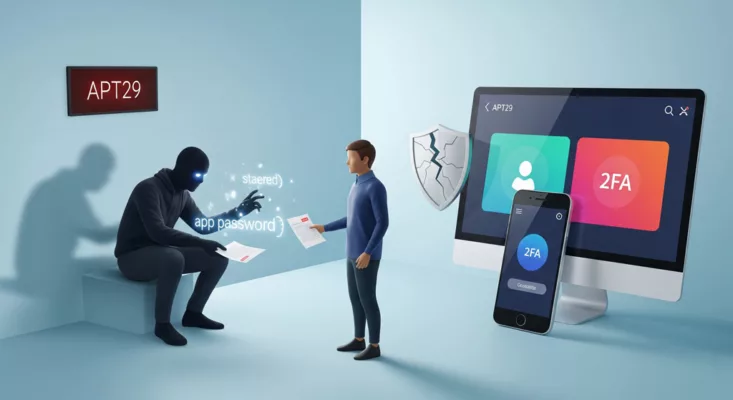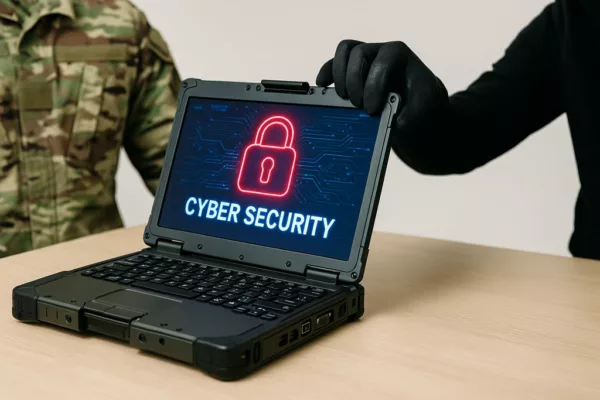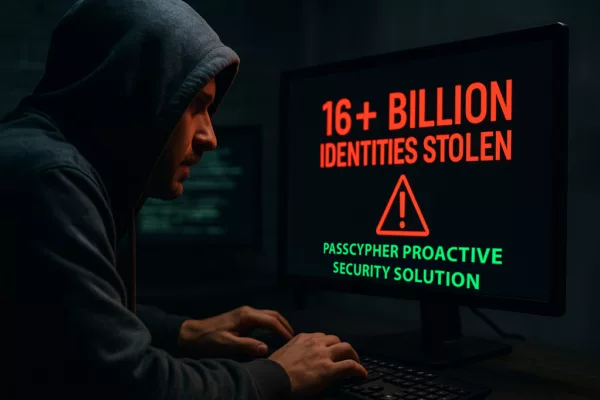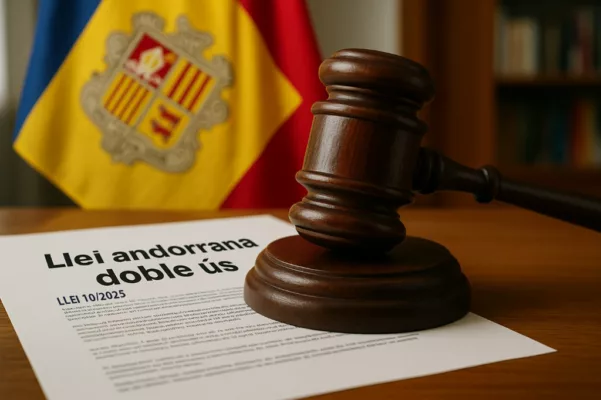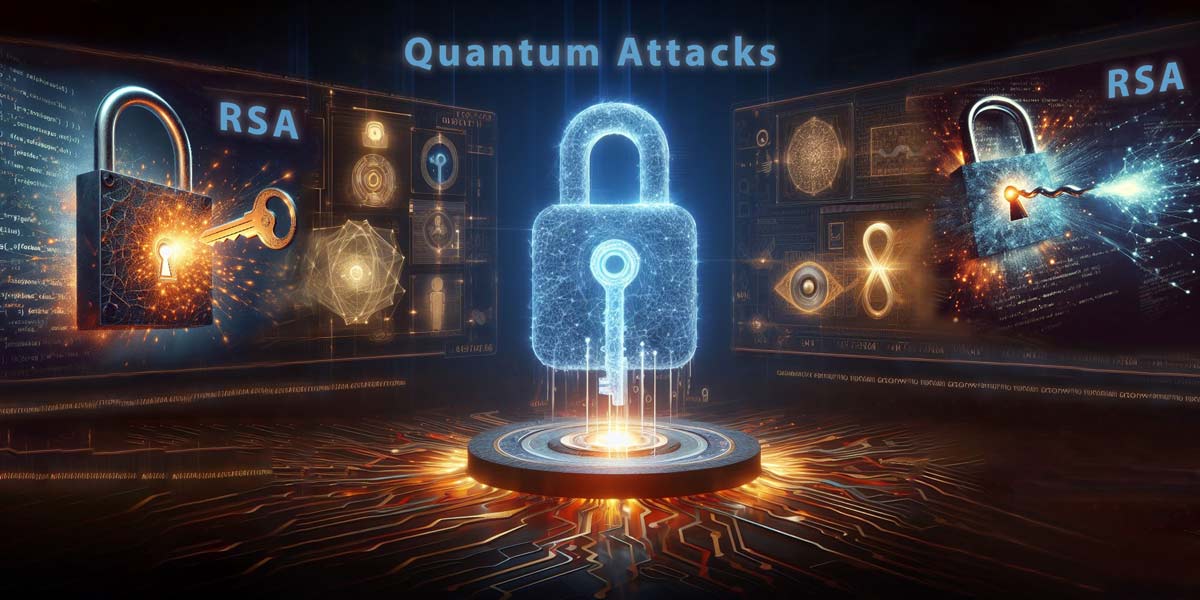Quantum computing RSA encryption: a challenge and a solution Quantum computing RSA encryption is a challenge for online security. Quantum computing is a new way of computing that uses quantum physics. It can do things that classical computers cannot or are too slow to do. One of these things is breaking RSA encryption, which secures […]
Stay informed!
Join our community of technology enthusiasts! Subscribe to our newsletter and receive exclusive updates on the latest news, special offers, and tips from Freemindtronic. Stay informed on the latest technology trends, discover new products, and be among the first to take advantage of them. Sign up now by entering your email address below. Don't miss any updates from Freemindtronic!

